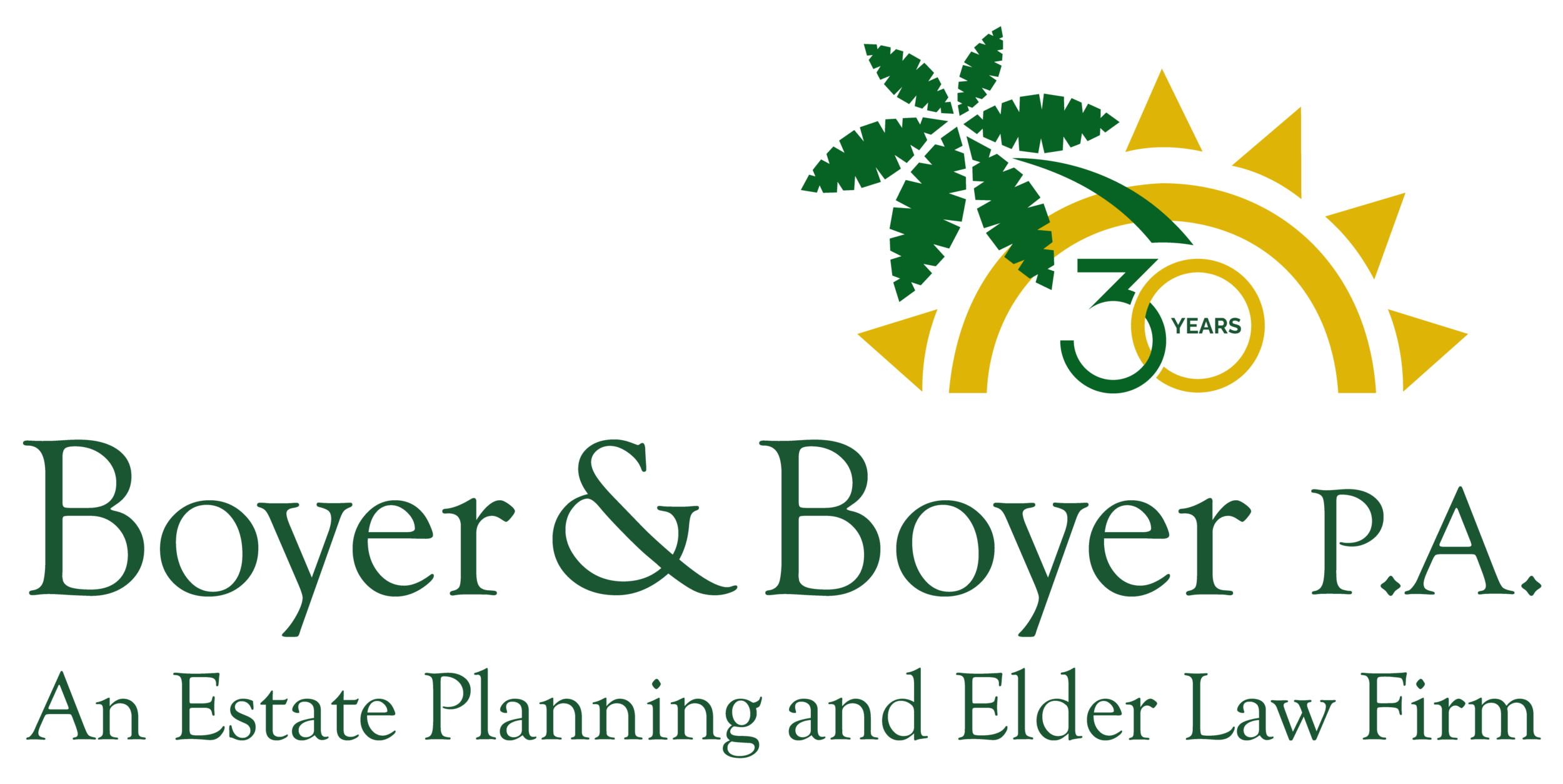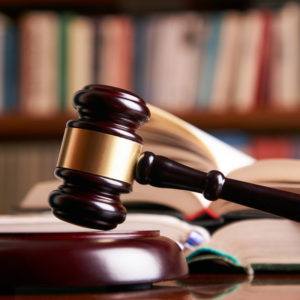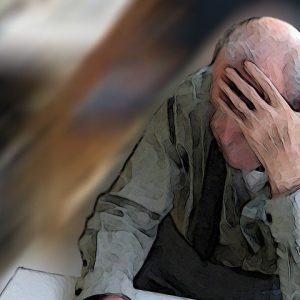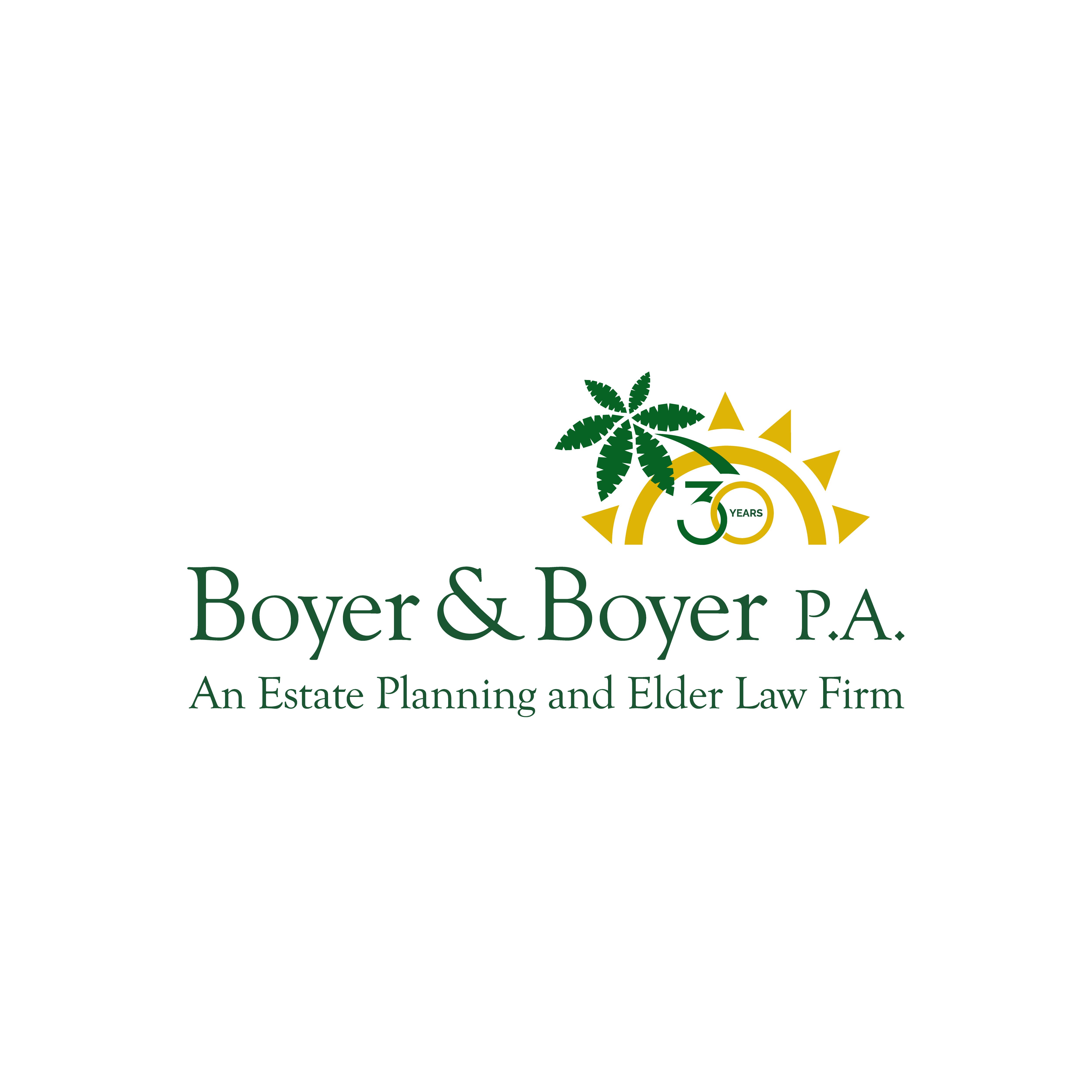
The Three Faces of Homestead: What Every Florida Homeowner Should Know
By admin
Homestead is an extremely complicated concept for many Floridian homeowners. However, understanding how it works can save homeowners thousands of dollars every year. To qualify a home as a Florida homestead, the homeowner must have legal or beneficial title to the home on January 1 of the year in question, and the home must be their permanent residence. The third qualifier is that they must apply for the homestead exemption in person at the property appraiser’s office in the county where their home is located between January 1 and March 1 of the year in which they are seeking the homestead exemption. Here are the three faces of homestead that every Floridian homeowner should know:
Taxation: Homestead Tax Exemption
Homestead exemptions reduce property taxes for all homeowners by exempting a certain amount of a home’s value from tax. In 46 states (including Florida), homeowners can take advantage of the homestead tax exemption. Some states exempt a certain percentage of a home’s value from property taxes, while other states exempt a set dollar amount. Eligibility for the exemption requires the property claimed be the tax payer’s primary residence.
Descent and Devise
Florida has very specific rules determining what happens to homestead property when homeowners die. If the owner is not married, and has no minor children, then they are free to devise their homestead however they want (though before doing so they should seek the advice of an estate planning attorney to discuss issues related to post-death creditor protection). If the owner is married and has no minor children or has no children at all, they may only devise their entire homestead to their spouse (unless a valid waiver was given in an instrument such as a pre-nuptial agreement). Finally, if the homeowner has minor child, regardless if they are married or not, their homestead is not subject to devise, meaning that they have no say in what happens to their homestead after their death.
Protection from Creditors
The Florida Constitution exempts homestead property from levy and execution by judgment creditors. Essentially, this means that an unsecured creditor is typically unable to force the sale of someone’s homestead to satisfy a judgment or an outstanding debt. In states without this protection, creditors are likely able to. If creditors are successful, they can liquidate assets in the estate to settle the homeowner’s debts including their home. Luckily, this cannot happen to homeowners in Florida. The home can be devised to specific heirs through a will or trust without the risk of a creditor attack.
Sources:
http://www.wintterlaw.com/understanding-floridas-homestead-protection-laws/
https://smartasset.com/taxes/what-is-a-homestead-tax-exemption





Does the Florida constitution protect the home from Medicaid?
Great Question. When someone applies for Medicaid, their homestead is not a “countable asset” for purposes of qualification assuming it has less than a specified amount of equity. As of the time of this response, that amount is $585,000. After an individual dies, their homestead passes to their heirs free from claims of creditors, including the state of Florida who would be a creditor for amounts paid for Medicaid services that were paid by the state after that individual’s 55th birthday. This is a Florida Constitutional protection. There are many nuances to these rules and the advice of a qualified Elder Law attorney is highly recommended when considering options.